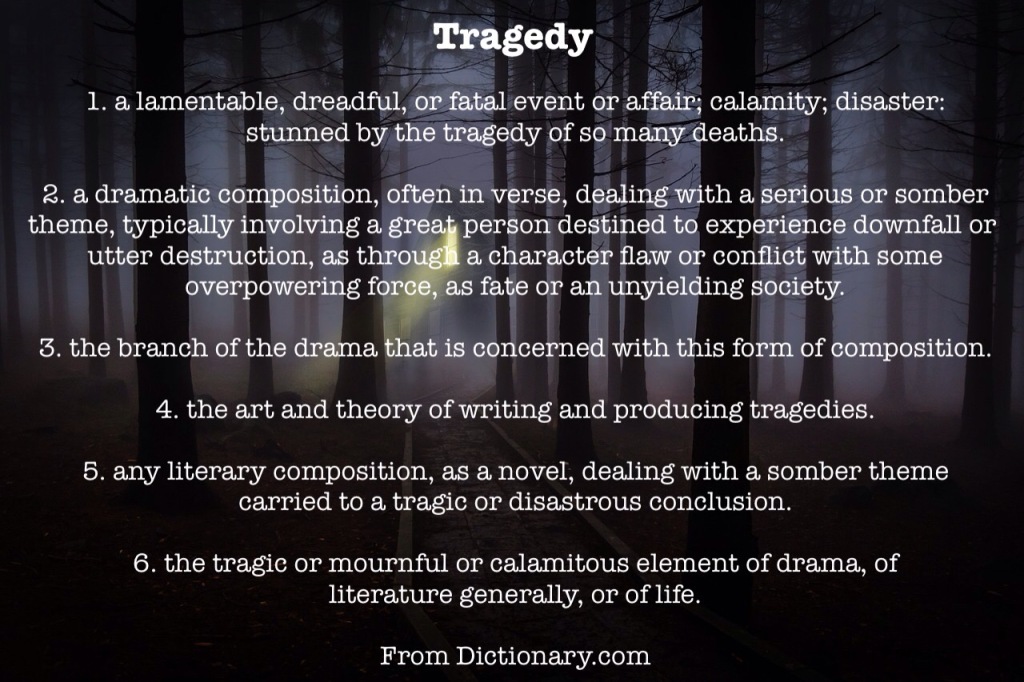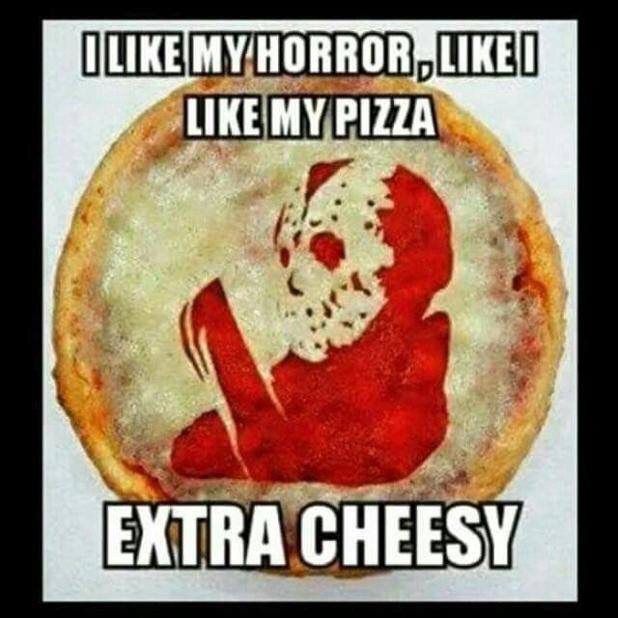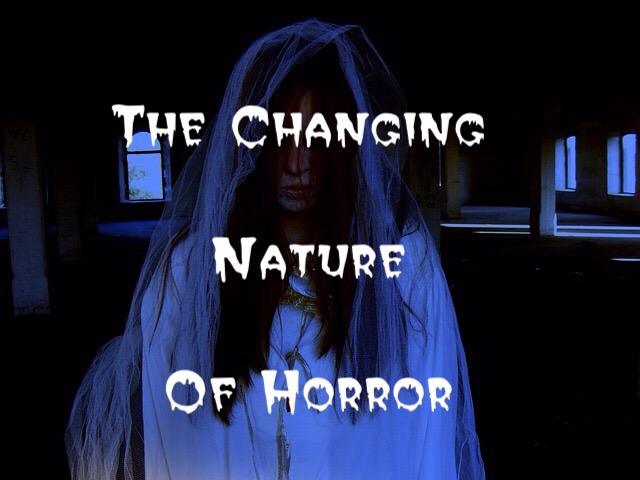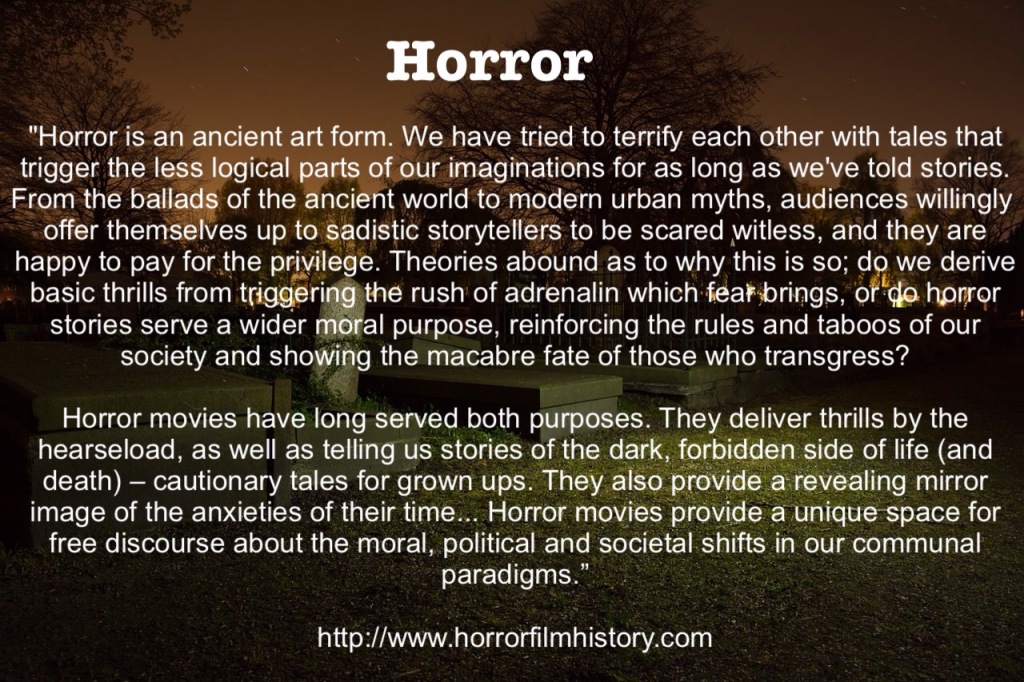I have read a few horror novels lately that has just left me feeling incredibly sad. Not because of very poor writing (although there have been a couple of those as well), but because of the story itself.
There has been a pervading sense of hopelessness and pointlessness to these novels that have left me feeling more profoundly sad than horrified in the sense that I would generally consider a hallmark of the genre. Rather than the traditional scares, either supernatural or natural, these narratives leave you feeling like your heart has just been torn out, with a lingering and pervading sense of meaninglessness and despair that hovers around long after you put the book down. Honestly, if I wanted to be that depressed by something, I’d read the newspaper.
Are these novels still horror? No doubt it is horrifying, but not in the way that gives you chills, or makes you double check the locks on the door, flinch at unusual noises, and be extra wary of the dark. It is an existential horror that leaves you feeling morbidly depressed more than entertained. Yes, it is always sad when a favourite character dies, or when something terrible happens to the characters that you care about in a novel or movie (or TV series, etc.), but there is always some tiny dash of hope included as well, something to redeem the utter despair. Or even without any real sense of hope, there is usually a sense of fun, something that makes the genre enjoyable, even when everyone dies despite their best efforts.
So, when did horror stop being fun?
What are the elements that make up horror, as opposed to tragedy, and how much overlap is there between the two?
Many have described horror as a cathartic experience, a release valve for the anxieties that pervade society in a safe environment. Horror is scary, and it deals with some nasty topics, but it is also comfortable, with familiar codes and conventions that allow us to explore the terrifying, unpleasant and taboo ideas in safety. Importantly, horror also allows us to explore and embrace the darker side of our own nature.
In an excellent article on what makes a great horror story (the link is below), C. M. Humphries believes that “ a good horror story is broken down into fear, surprise, suspense, mystery, and spoiler.”
1. Fear – “by far the most important factor of a great horror story.”
2. Surprise – “Expanding on a fear often contributes to surprise. Establish fears from the usual tropes, then soil the audience’s pants with an expansion that will echo throughout their nightterrors.”
3. Suspense – “…the anxiety of waiting.” “The best scenario consists of somebody waiting for something to happen, and when it does it’s completely unexpected.”
4. Mystery – “embrace a strong element of mystery in an eerie tale.”
5. Spoiler – “the little nothings that authors give away at the beginning of a tale” that can lead to “positive anticipation with surprise and suspense.”
Humphries concludes that the ideal horror tale “spoils how it is constructed, still holds several mysteries, keeps its suspense based on fears, and surprises…by going beyond tradition to create new views on horror and the way it can scare someone.”
Humphries full article is available here: https://www.cmhumphries.com/blog/5-elements-of-a-good-horror-story
It is a great resource for horror writers and fans.
Anton Scheller takes an evolutionary psychology approach to horror, noting that “In stories we learn how others – fictional or not – dealt with situations. There can be many issues that we need or at least would like to learn about. It’s about the things that matter in life… Horror, [allows us] practice on how to deal with the unknown, the threatening, the deadly, the stalking, the thing under the bed, the scary stranger. Horror teaches us how to react in situations of dread and terror and fear and threat.
Horror, in that sense, is survival training. Every time you read a piece of horror or watch a horror movie you are internalising lessons such as don’t open that door or don’t go into the woods at night or fucking run.”
Read the full article here: http://antonscheller.com/671/the-purpose-of-horror/
Similarly, Horror Film History describes horror as “an ancient art form. We have tried to terrify each other with tales that trigger the less logical parts of our imaginations for as long as we’ve told stories. From the ballads of the ancient world to modern urban myths, audiences willingly offer themselves up to sadistic storytellers to be scared witless, and they are happy to pay for the privilege. Theories abound as to why this is so; do we derive basic thrills from triggering the rush of adrenalin which fear brings, or do horror stories serve a wider moral purpose, reinforcing the rules and taboos of our society and showing the macabre fate of those who transgress?
Horror movies have long served both purposes. They deliver thrills by the hearseload, as well as telling us stories of the dark, forbidden side of life (and death) – cautionary tales for grown ups. They also provide a revealing mirror image of the anxieties of their time… Horror movies provide a unique space for free discourse about the moral, political and societal shifts in our communal paradigms.”
Source: http://www.horrorfilmhistory.com
I have watched and read a lot of horror over the years, and have always favoured the genre because I find it an entertaining respite from the real horrors of everyday life. I love the creeping sense of tension and unease that good horror can give, and the adrenalin rush of a good scare. I am one of those that often root for the bad guy in a good slasher movie, laughing at the over-the-top gore and violence. I am comfortable with the fact that horror is one genre in which the protagonist doesn’t always survive, and that the body count will probably get very high before the end. This has never bothered me.
Neither has the type of existential horror that proposes, for example, some terrible and inevitable fate, such as a hellish afterlife for all of humanity, or a redefinition of reality that leaves humans as the mere puppets of some sinister force or entity.
So why is it that some of the newer novels I’ve read lately have left me feeling empty, if not downright depressed? What is missing? What takes a narrative from a horror thrill ride to an unredeemable tragedy?

Tragedy – “a dramatic composition…dealing with a serious or somber theme.” Or “any literary composition, such as a novel, dealing with a somber theme carried to a tragic or disastrous conclusion.”
I’ve been having difficulty finding a definitive answer to these questions, though I have noticed that most of the novels I am describing lack certain elements of classic horror, and are deficient in one or more of Humphries’ components of a great horror story.
When does horror simply become hopeless suffering? In my mind, when it does it becomes a tragedy rather than horror, though I may be splitting hairs. Maybe it’s simply a matter of different tastes, or a new evolution of the genre. Horror does, after all, come in a multitude of flavours.
For now, I think I’ll go and re-read some old favourites and cheer myself up watching the Evil Dead movies for the 200th-or-so time 🙂
Maybe it just come down to this:

Have a great weekend everyone.


I had the same feeling when watching the movie Starry Eyes just a few nights ago. It was horrifying what happened to this young lady but also left me with dread and feeling very sad. I wrote the review and it will be posted in a few days. I think part of this horror/tragedy evolution is to be original. If you look at the other side of the coin, how many films do you watch or books do you read and say, “oh, I know how this is going to end” or “I’ve read this kind of story before.” So, I do think change is good. I also think that these stories revert to a time period of story telling before traditional horror, when there were only two kinds of stories, Tragedy and Comedy…
LikeLiked by 1 person
I agree that striving for unpredictability and originality is a driving force behind change in the horror genre, and that it is a good thing. I find your comment on everything reverting to the time of Comedy and Tragedy interesting. Perhaps it is inevitable with genres endlessly overlapping and splitting into new genres that in the end it will come back to a basic distinction between those two original kinds of stories. I guess I’ve always just felt that horror and comedy go best hand in hand, even if the comedy is sometimes unintentional. Or maybe my sense of humour is just very warped 🙂
I have not yet seen Starry Eyes, and look forward to your review. Have a great weekend.
LikeLiked by 1 person